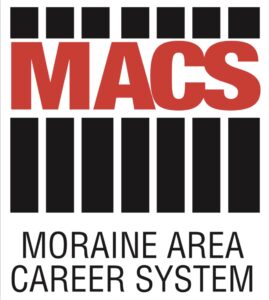The federal legislation that funds career and technical education (CTE), the Carl D. Perkins Career and Technical Education Act, was most recently reauthorized in 2018 as the Strengthening Career and Technical Education Act for the 21st Century (Perkins V). Its purpose is to develop more fully the academic knowledge and technical and employability skills of secondary and postsecondary students enrolled in CTE programs of study.
Perkins V represents an important opportunity to expand opportunities for every student to explore, choose, and follow career and technical education programs of study and career pathways to earn credentials of value. The legislation is designed to support students through career development activities and quality career program course sequences that lead to post-secondary opportunities in high wage, high skill, high demand areas of the local labor market. Quality career programs provide students the opportunity to move through multiple entrance and exit points in higher education based on industry requirements for each career area.
The process of guiding students begins with career interest surveys/inventories that help a student create focus on career areas of interest, and then building related skills that will help each student attain success in his/her chosen career. Under Perkins V, quality programs contain at least two courses (often more) and incorporate some type of postsecondary credit (dual enrollment, dual credit, or industry supported certifications). These programs include industry support through program advisories, reading, math, and science academic integration into the career courses, Illinois Essential Employability Skills, Work-based Learning opportunities, and team competitions for students through CTSO’s or regional advisory support.

